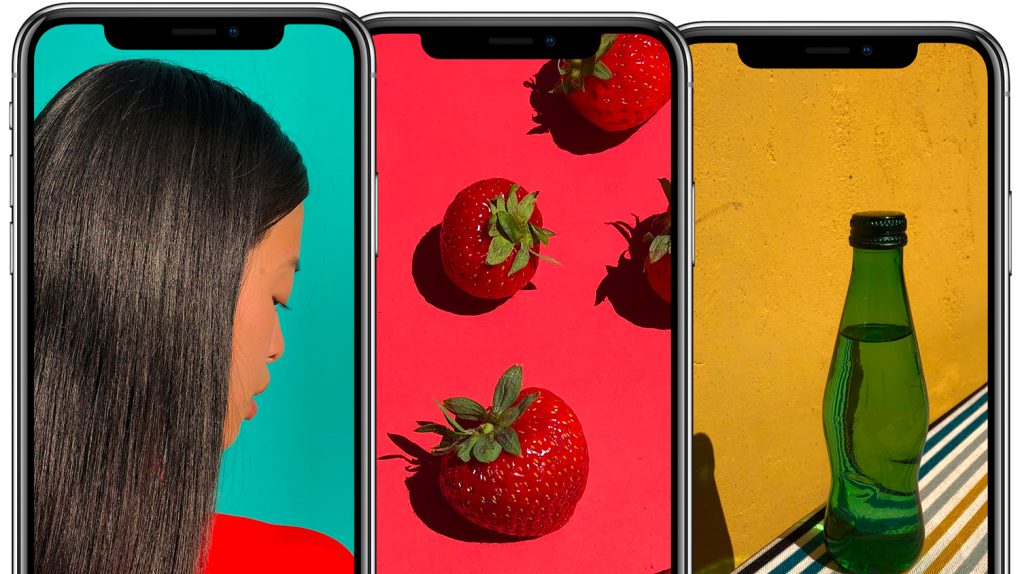Preorders for Apple’s new iPhone 8 and iPhone 8 Plus just went live on Friday morning, but most of our attention is still focused on the iPhone X. The new iPhone 8 and iPhone 8 Plus are both terrific upgrades compared to last year’s iPhone models. They’re also faster and more powerful than any rival smartphone in the world, including Samsung’s just-released Galaxy Note 8. But the iPhone X is the future of Apple’s smartphone lineup, featuring a bold new design and enhanced technologies that have never before been seen on any smartphone.
While the world waits anxiously to finally experience the iPhone X when it’s released in November, two industry watchers have an interesting take on the phone. According to a new report issued this week, the advanced technology that makes Apple’s new iPhone X so appealing may be the very thing that ultimately kills off the entire iPhone product line.
The iPhone is dead. We just don’t know it yet. No, it won’t be any of the so-called “iPhone killers” launched by Apple’s rivals that do the job. Instead, time itself will bring on the death of the product line currently at the heart of Apple’s business.
As I discussed in an article earlier this year, technologies emerging right under our noses will ultimately render smartphones obsolete. The tasks we currently perform on our precious iPhones and Android handsets will be offloaded to other devices. We might wear these new devices on our faces. We might wear them directly on our eyeballs. Or perhaps they’ll be all around us. Whatever the case, we won’t hold them in our hands and they certainly won’t be “phones.”
In a note to clients this week, UBS analysts Steve Milunovich and Benjamin Wilson claim to have identified another key factor that will help kill off iPhones and smartphones in general: the iPhone X. Specifically, Apple’s new Face ID technology.
“History suggests that few if any hardware vendors stay at the top for long with the ‘good enough’ attack from below the main reason,” the analysts wrote. “However, we think that Apple could become a leader in developing the Ambient Paradigm, essentially raising the bar on user experience and fending off competition.”
The “Ambient Paradigm” Milunovich and Wilson speak of is a future where computing devices are all around us and they use biometric technologies like Face ID to identify us. It sounds eerily like Minority Report, but the 2002 Tom Cruise film likely wasn’t far off in this regard. We won’t need passwords and we won’t need personal computing gadgets like smartphones. Shared computers will be all around us, they’ll recognize us instantly, and they’ll interact with our headphones and other wearables.
The analysts continued, “Apple has a philosophy of self-cannibalization and identifying personal technology trends. It appears to be laying the foundation for the next era with transition products, such as Apple Watch and AirPods, and services provided by a multi-sided platform. We expect new product categories to be launched.”








